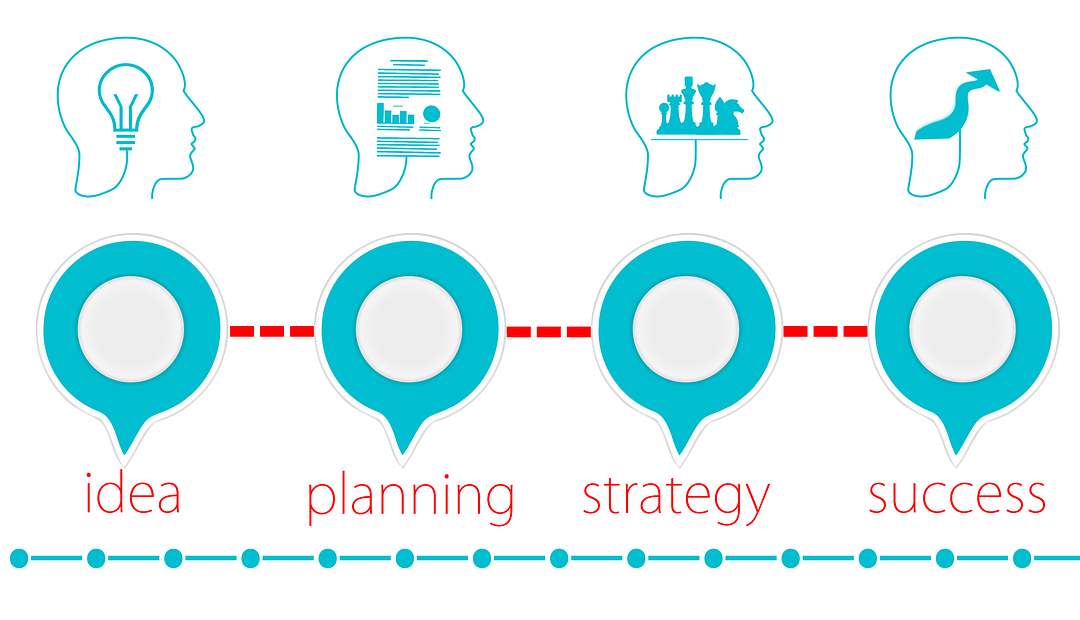Managing a mentoring program is a big responsibility. A good mentoring program is headed by a program manager whose ability to help the participants of the program is top-notch. Moreover, mentoring program managers are well-connected within the organization. They are also good communicators and organizers.
Though they do not have to manage a program alone, they should be at the forefront of the program. They must have a good grasp of its operations at all times.
Here are the key responsibilities a mentoring program manager has:
- Promotes the program and ensure commitment from the organization
- Creates policies for the program
- Ensures all the information is protected
- Provides appropriate resources for the participants
- Evaluates and measures program engagement
Also Read: Why Mentoring Training is Important for Mentors
1. Promotes the program and ensures commitment from the organization
Starting a new mentoring program is not an easy task. Many employees do not understand the importance of a mentoring relationship. If a program starts with the participants who don’t have an idea about mentoring, they will not show interest. As a result, the organization will not experience the complete benefit of a mentoring program.
It is the program manager’s responsibility to educate participants on mentoring and its benefits. Also, a program manager is responsible for ensuring that the organization and the participants are committed to the program.
2. Mentoring program managers create policies for the program
A program manager creates policies for the participants to follow in order to run the program smoothly. They decide the structure of the program, the frequency of mentor-mentee meetings, the tenure of the program, and the tools or software to use for the program.
The program participants can go through a lot of problems during the course of the mentoring relationship. They must have a contact point and procedure to ask for support. A program manager determines and informs participants about the procedure to contact the organization in case of any problem or request.
Also Read: Tips for mentors and mentees in the post pandemic era
3. Ensures all the information is protected
Since mentoring programs can foster a deep relationship between mentor and mentee, they can collect information that is personal to them. A program manager ensures that all the data collected from the participants are protected. If anyone other than them has access to it, the program manager makes sure that the person is well-trained to handle those confidentially. At no point, the information is leaked or used against the participants.
4. Mentoring program manager provides relevant resources for the participants
Though mentors themselves are invaluable resources because of their knowledge, experience, and expertise, a program manager must provide internal and external resources for the program. The resources can be handbooks, guides, and training resources for mentors and mentees. Further, relevant books, videos, on-demand content, and contact information of influential people are also helpful resources.
Also Read: How to be the best mentor
5. Evaluate and measure program engagement
A mentoring program manager has to keep an eye on the progress of the program and make sure that it is on the right track. They coordinate with mentors and mentees to ensure they are engaging in the mentoring sessions regularly. They evaluate the program’s success, mentees’ progress, and collect formal and informal feedback from participants.
If at any point a program manager feels that the participants are facing problems, it is their responsibility to provide support for the success of the program.
Want To Succeed As A Mentoring Program Manager?
Our Program Manager Certification is specifically designed to train mentoring program managers for a successful mentoring program.
EXPLORE COURSES
